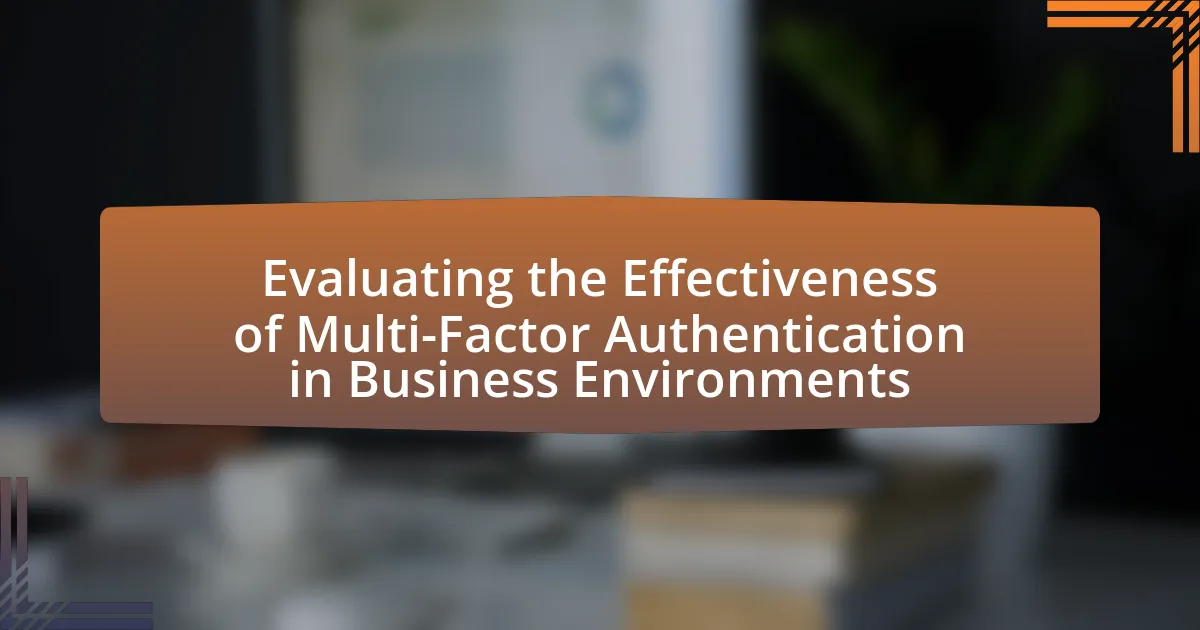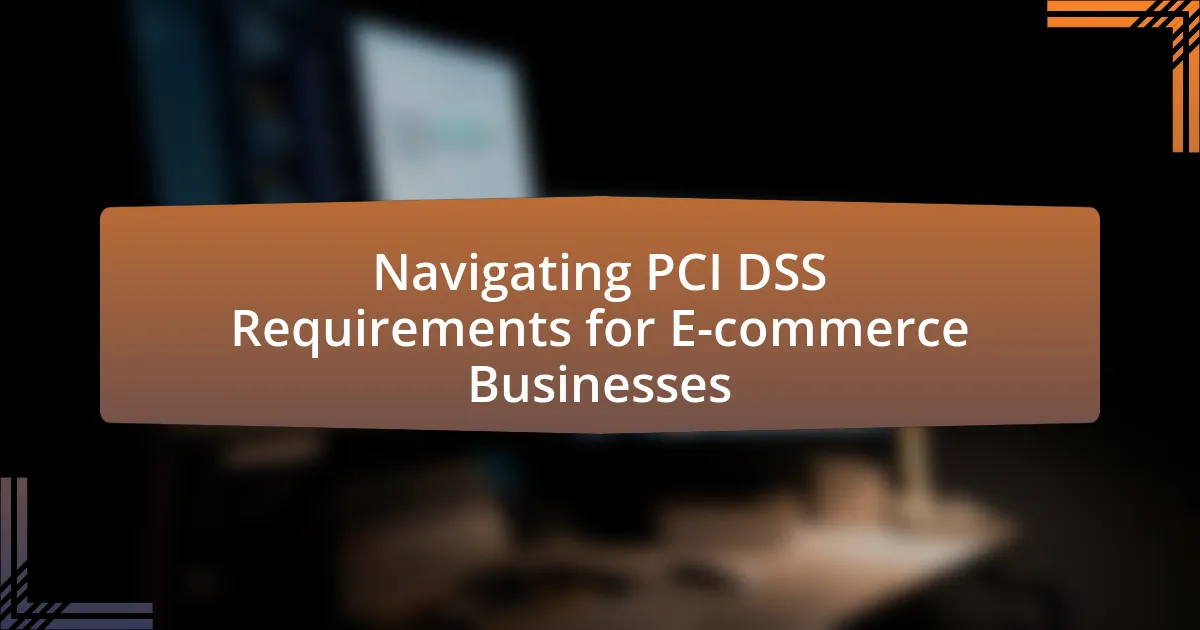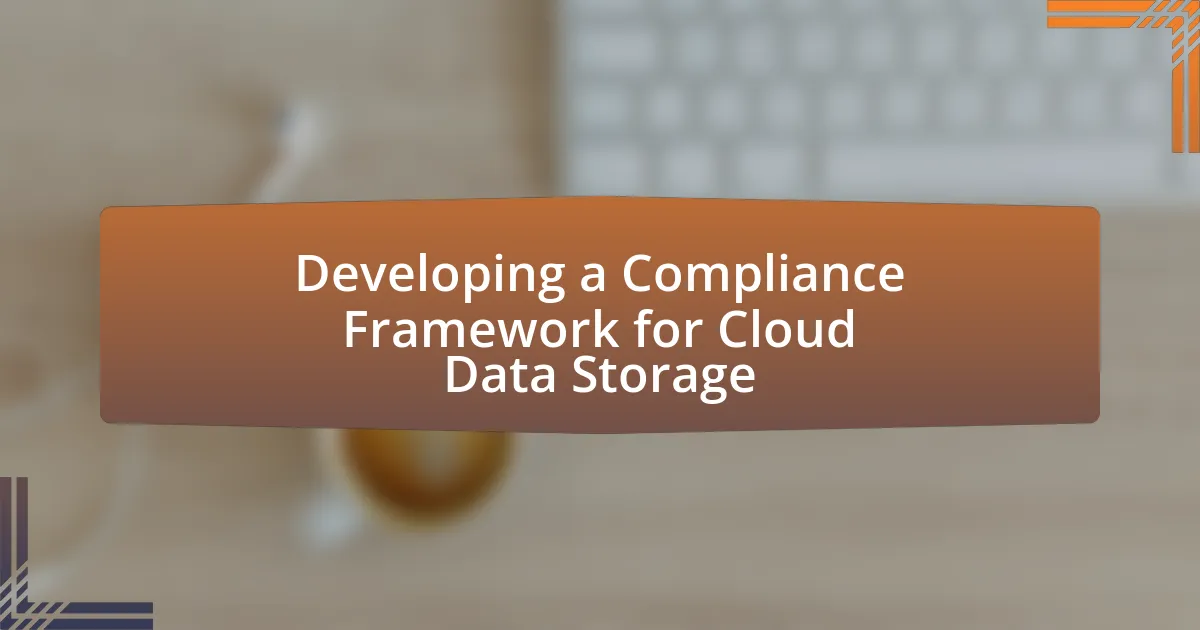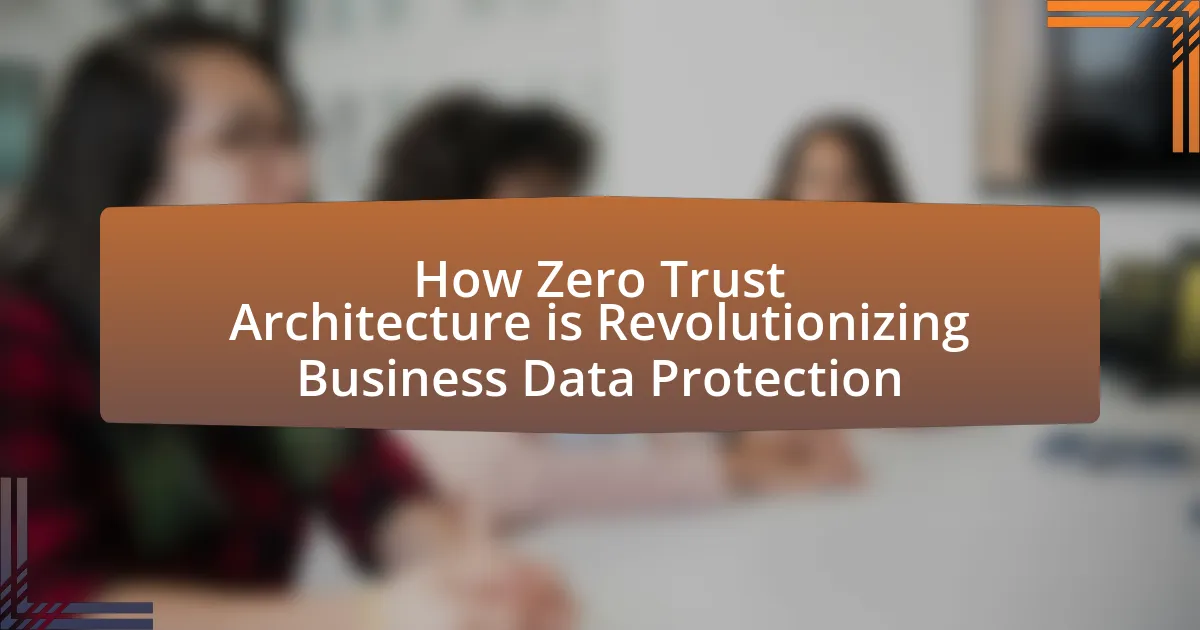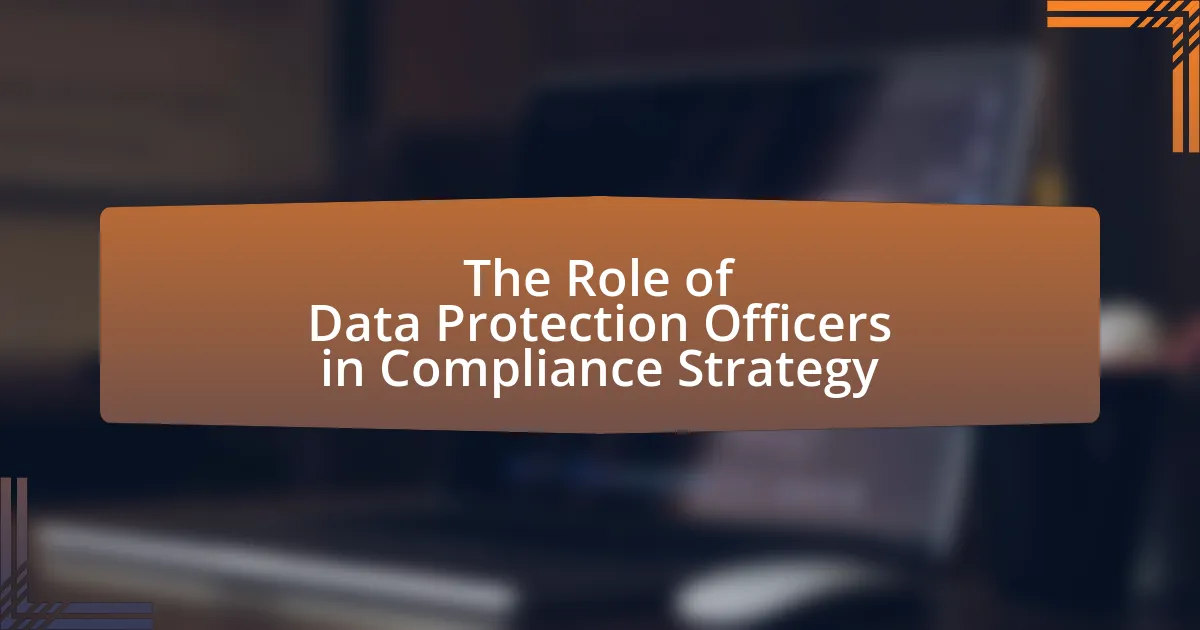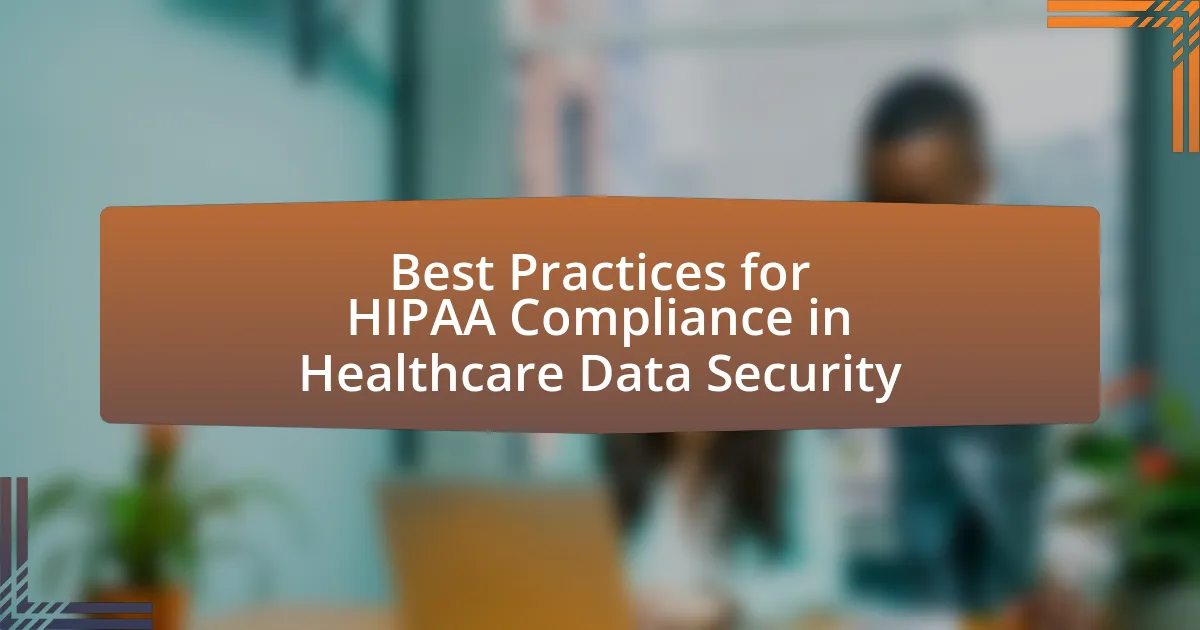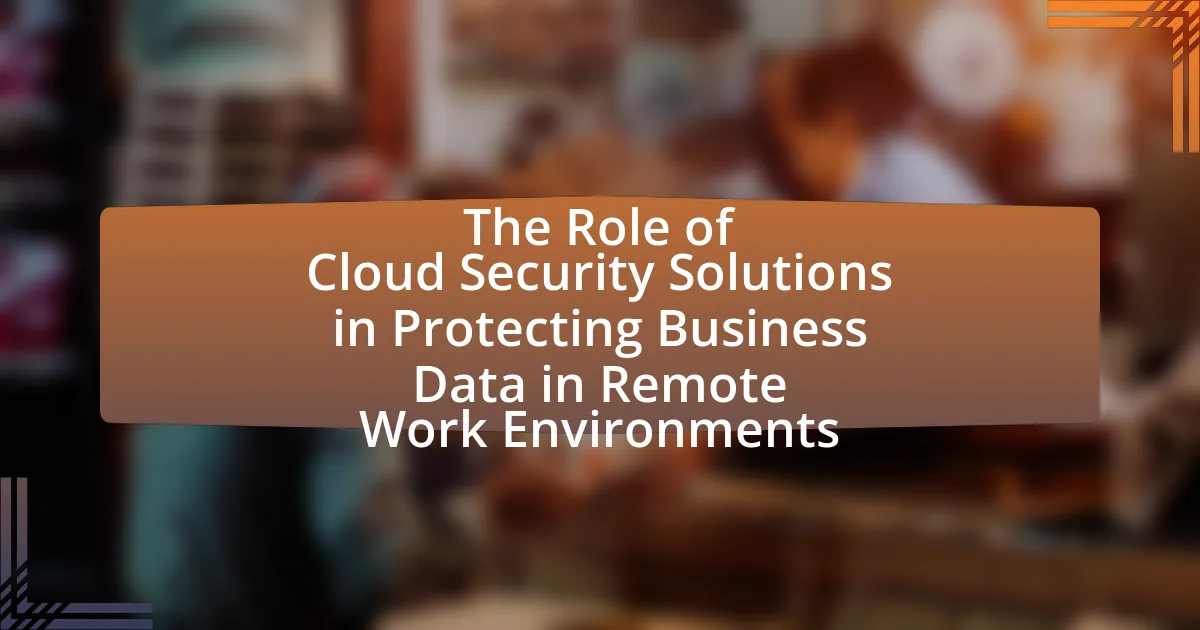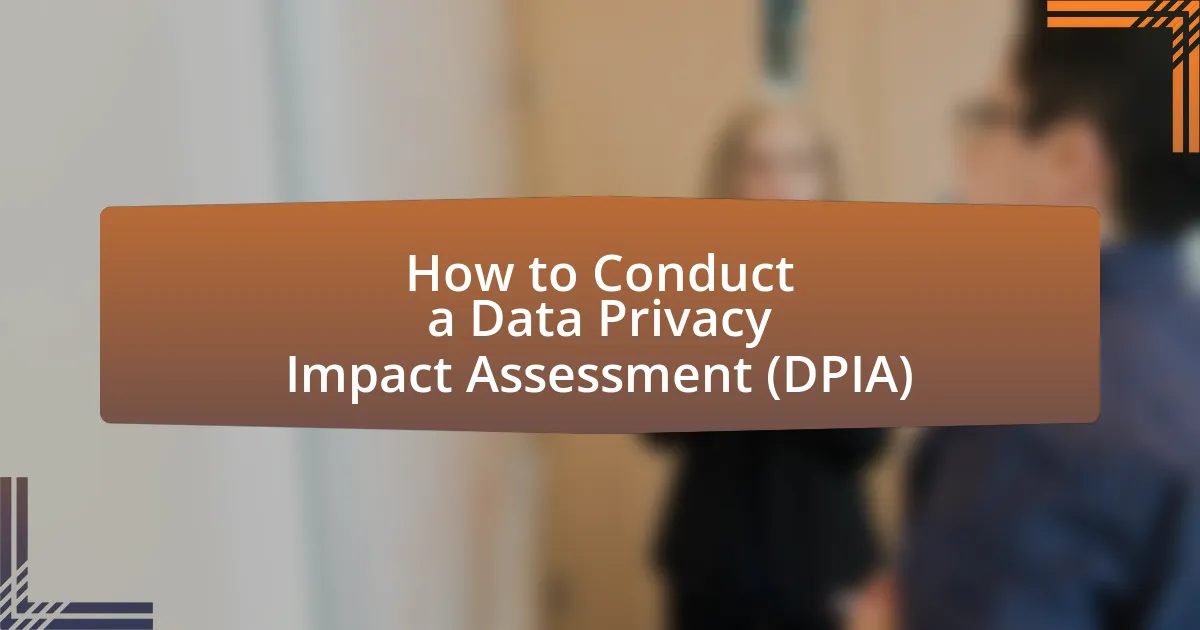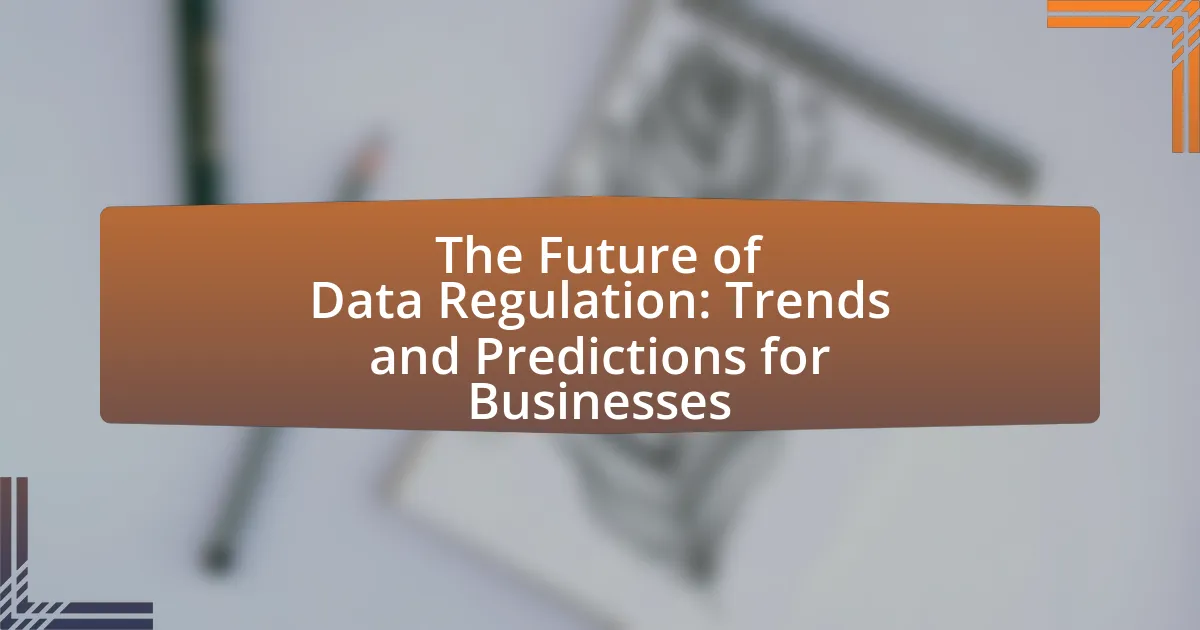Multi-Factor Authentication (MFA) is a critical security mechanism in business environments that requires users to provide multiple verification factors to access systems and data. This article evaluates the effectiveness of…
Navigating PCI DSS Requirements for E-commerce Businesses
The article focuses on the Payment Card Industry Data Security Standard (PCI DSS) requirements specifically for e-commerce businesses, outlining essential security standards designed to protect cardholder information during financial transactions.…
The Impact of CCPA on Data Handling Practices
The California Consumer Privacy Act (CCPA) is a significant data privacy law that enhances consumer rights and protections for California residents regarding their personal information. This article examines the CCPA’s…
Developing a Compliance Framework for Cloud Data Storage
A Compliance Framework for Cloud Data Storage is a structured set of guidelines that organizations implement to ensure their cloud data storage solutions comply with legal, regulatory, and industry standards.…
How Zero Trust Architecture is Revolutionizing Business Data Protection
Zero Trust Architecture is a cybersecurity model that mandates strict identity verification for all users and devices accessing network resources, regardless of their location. This approach contrasts with traditional security…
The Role of Data Protection Officers in Compliance Strategy
Data Protection Officers (DPOs) are essential in ensuring organizational compliance with data protection laws and regulations, particularly the General Data Protection Regulation (GDPR). They are responsible for monitoring compliance, advising…
Best Practices for HIPAA Compliance in Healthcare Data Security
The article focuses on best practices for HIPAA compliance in healthcare data security, emphasizing the importance of protecting patient health information. Key practices include conducting regular risk assessments, implementing strong…
The Role of Cloud Security Solutions in Protecting Business Data in Remote Work Environments
Cloud security solutions are essential technologies and practices that protect data, applications, and services in cloud environments, particularly in remote work settings. With a significant rise in cyber threats, as…
How to Conduct a Data Privacy Impact Assessment (DPIA)
A Data Privacy Impact Assessment (DPIA) is a critical process for evaluating the potential effects of data processing activities on individuals’ privacy rights. This article outlines the importance of DPIAs…
The Future of Data Regulation: Trends and Predictions for Businesses
The article focuses on the future of data regulation, highlighting key trends such as increased consumer privacy emphasis, data sovereignty, and stricter compliance requirements. It examines the influence of technological…
